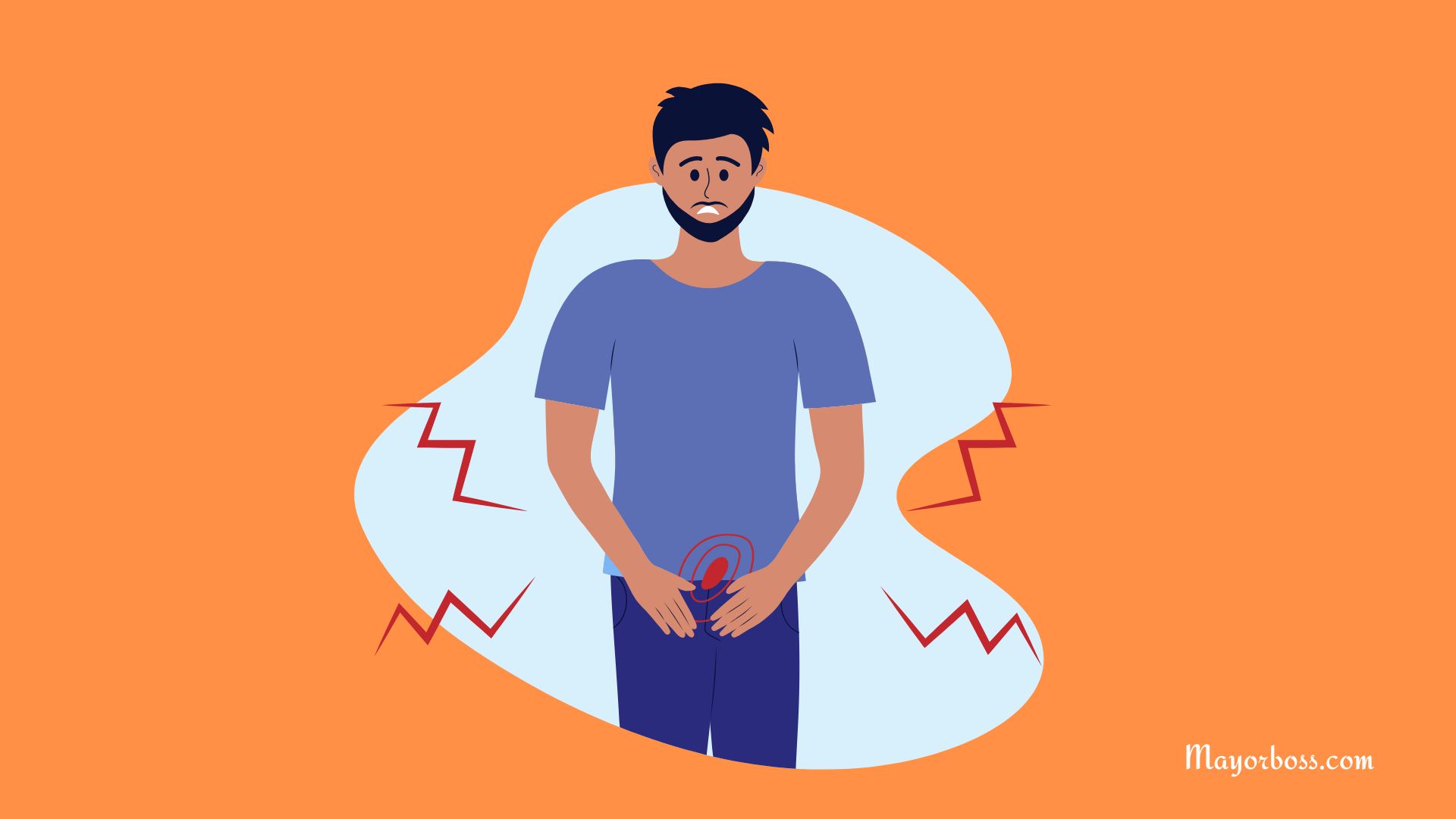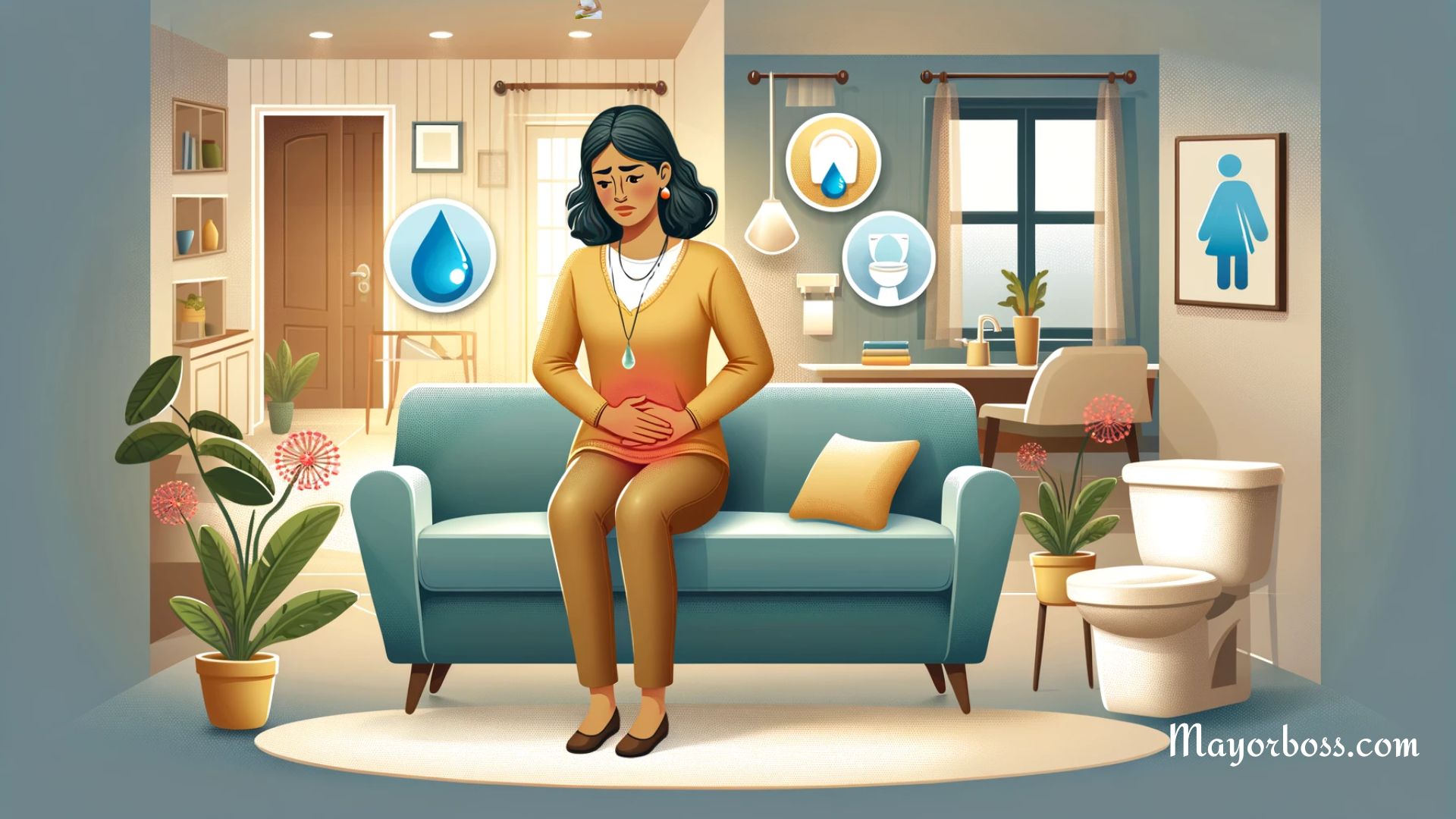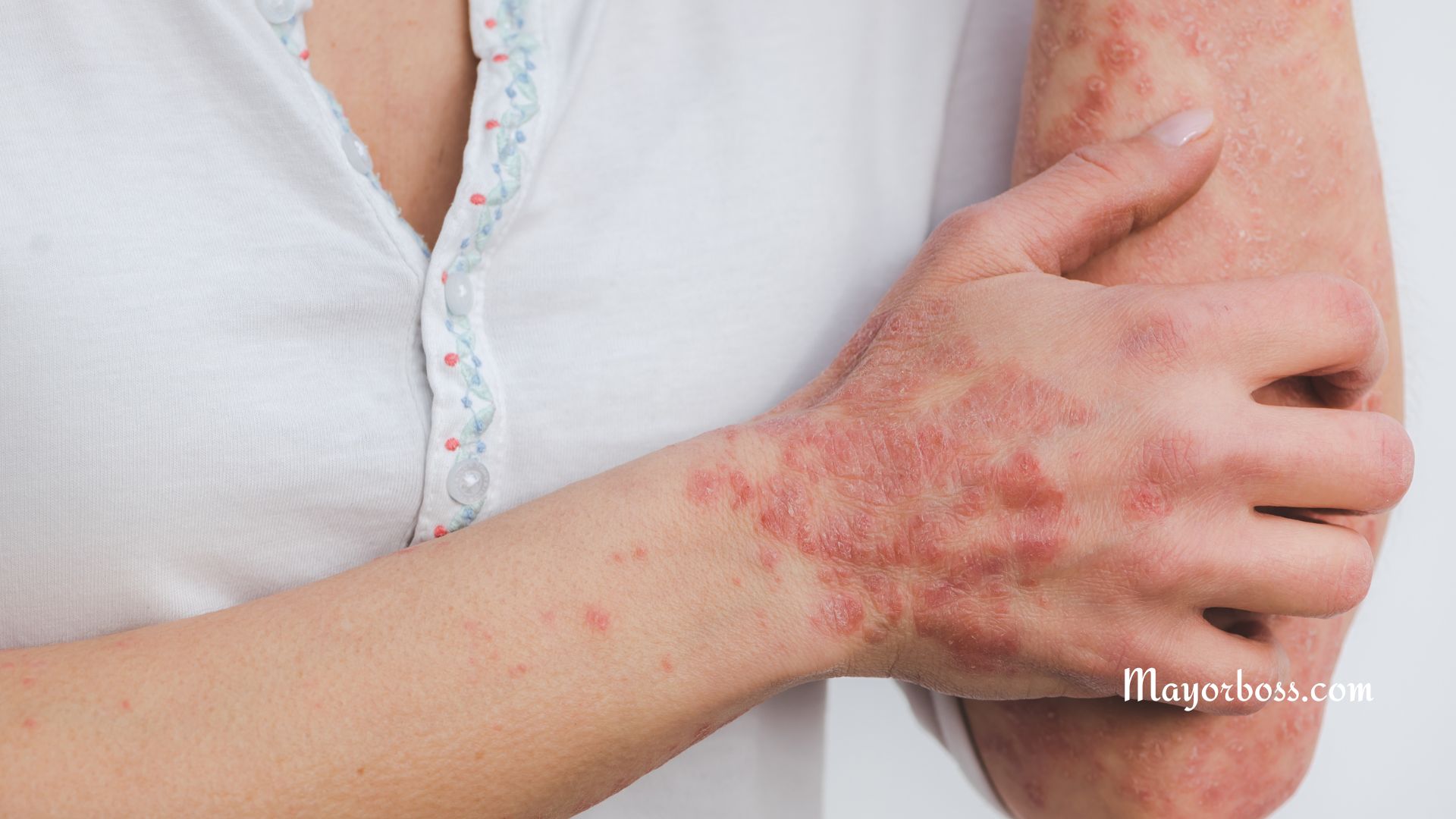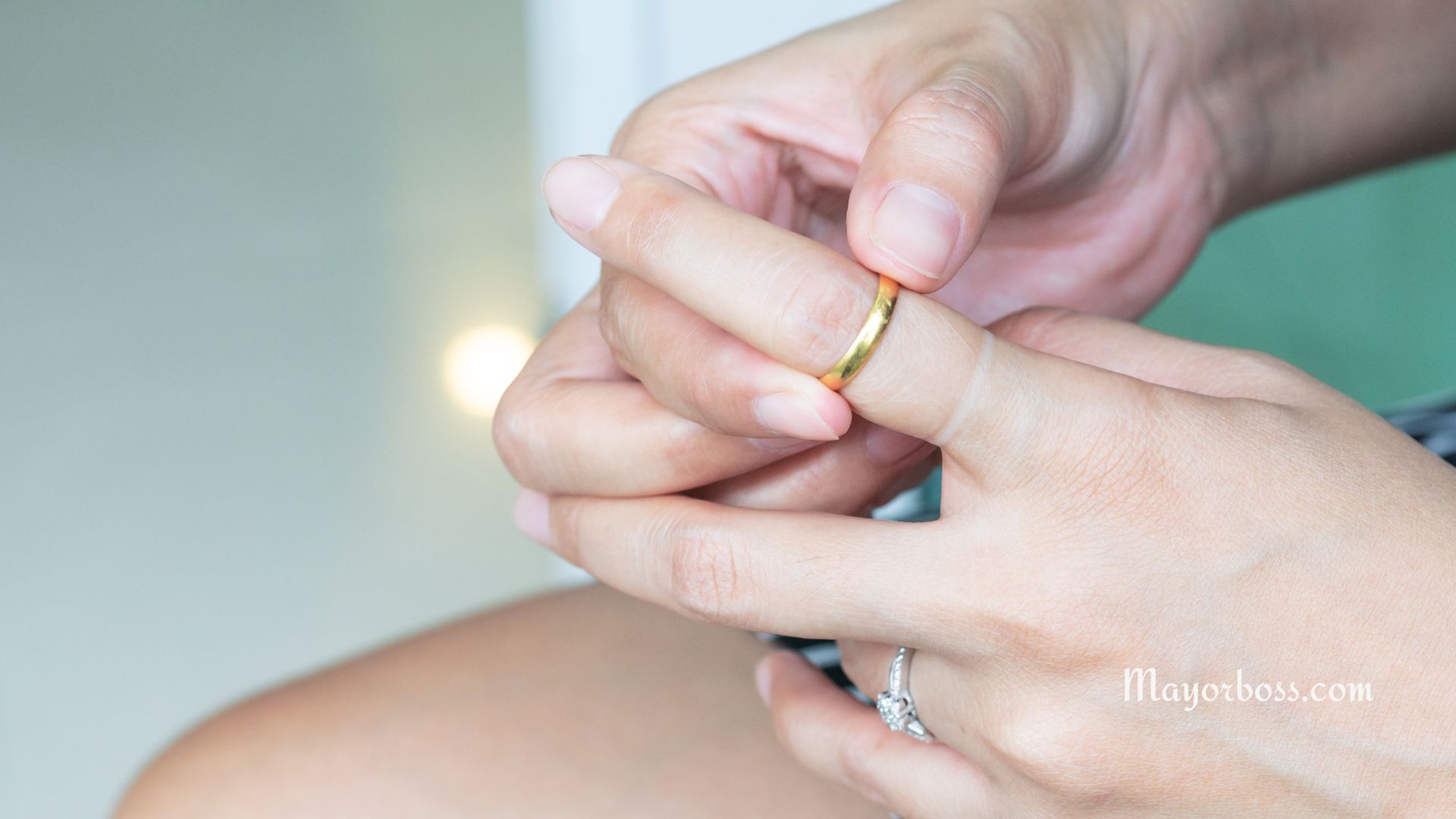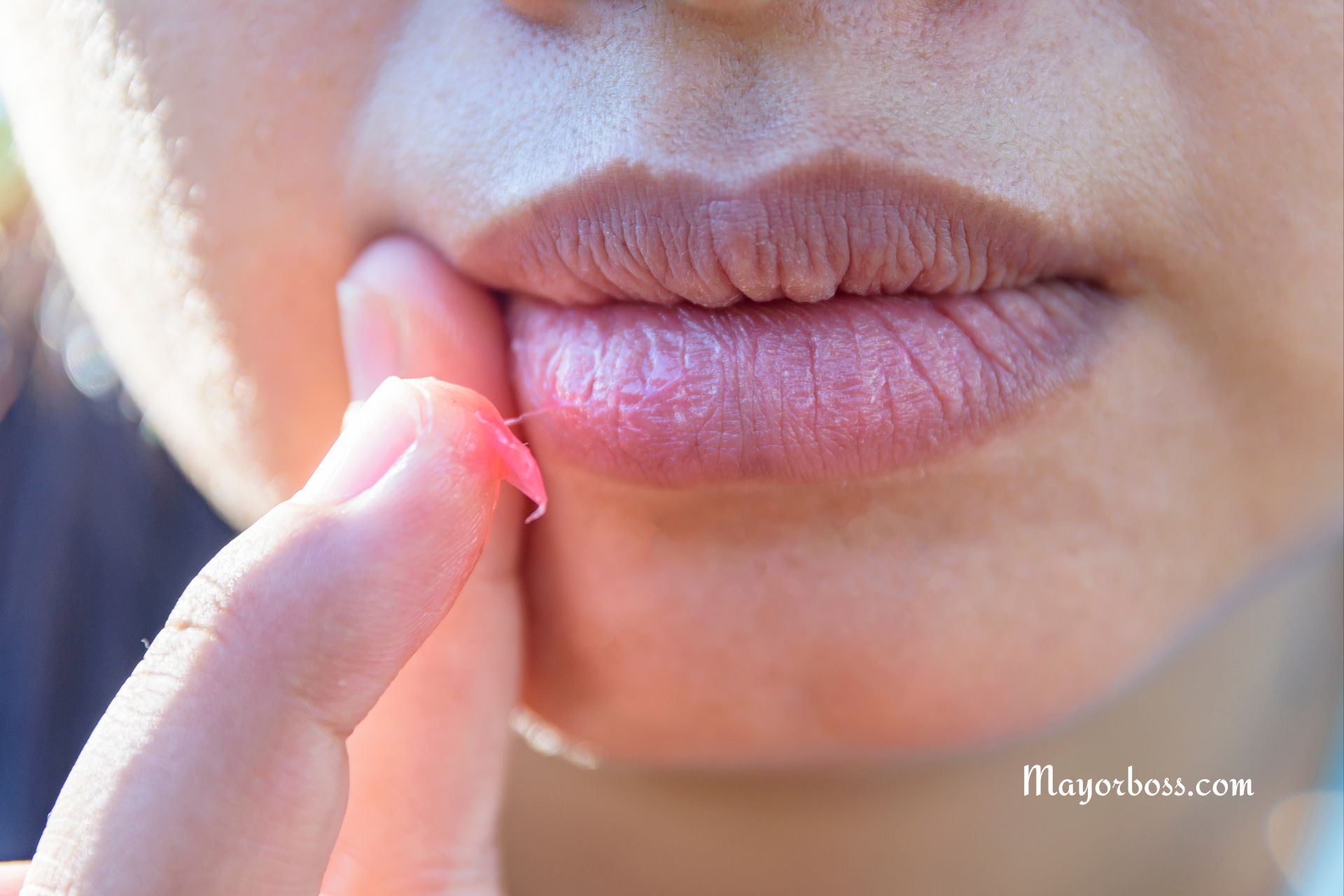Why Are My Eyes Yellow?
When you notice a yellowish tint in your eyes, it’s understandable to feel concerned. This condition, known as jaundice, occurs when there’s an accumulation of bilirubin, a yellow pigment that’s produced during the normal breakdown of red blood cells. Jaundice in the eyes can signal underlying health issues, many of which require medical attention. In this article, we’ll dive into the causes of yellow eyes, explore potential treatment options, and suggest ways to prevent this condition from developing or worsening.
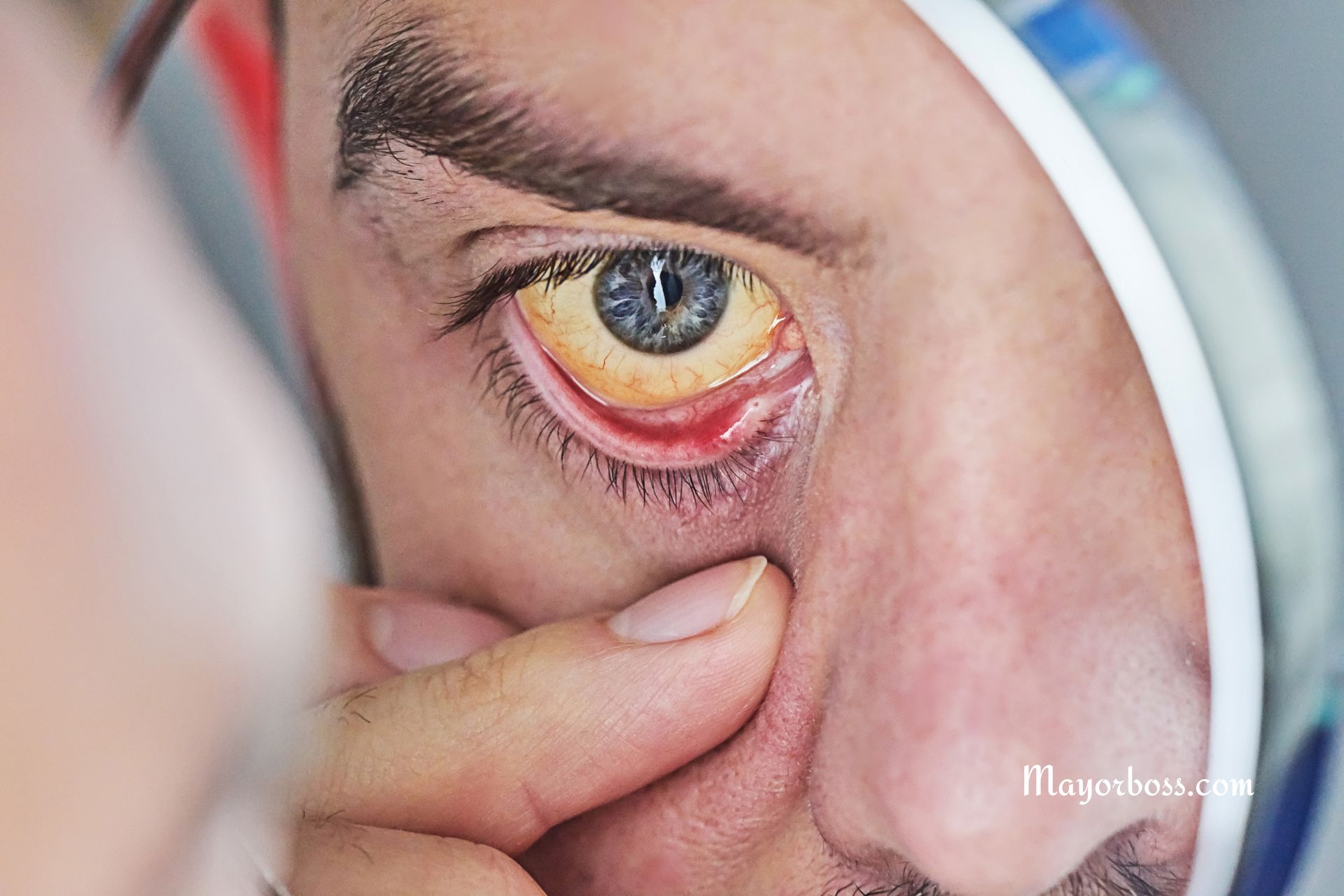
Causes of Yellow Eyes
The yellowing of the eyes is often a symptom of several health conditions:
- Liver Diseases: Conditions affecting the liver, such as hepatitis, cirrhosis, or liver cancer, can lead to jaundice.
- Gallbladder Disorders: Gallstones or cholecystitis (inflammation of the gallbladder) can block the bile ducts, causing bilirubin to build up.
- Hemolytic Anemia: This condition occurs when red blood cells are broken down in the bloodstream at an excessive rate, leading to an accumulation of bilirubin.
- Pancreatic Conditions: Pancreatic cancer or pancreatitis can block the bile duct, leading to jaundice.
- Bile Duct Obstructions: Obstructions in the bile ducts due to conditions like gallstones or cancer can prevent bilirubin from being excreted properly.
Treatment Options for Yellow Eyes
The treatment for yellow eyes depends largely on the underlying cause:
- Medical Interventions: For liver diseases or infections, medications or surgery may be necessary.
- Lifestyle Changes: In cases where lifestyle factors contribute to the condition, changes such as reducing alcohol intake and adopting a healthy diet can be beneficial.
- Phototherapy: For newborns with jaundice, phototherapy, which uses light to break down bilirubin in the skin, is often effective.
Prevention Tips for Yellow Eyes
Preventing yellow eyes involves managing your risk factors for the underlying conditions:
- Maintain a Healthy Lifestyle: Eat a balanced diet, exercise regularly, and avoid excessive alcohol consumption.
- Regular Medical Checkups: Early detection of liver, gallbladder, or blood disorders can prevent complications like jaundice.
- Vaccinations: Vaccines against hepatitis A and B can protect your liver from these infections.
Frequently Asked Questions
1. Can dehydration cause yellow eyes? While dehydration itself does not cause yellow eyes, severe dehydration can exacerbate conditions that might lead to jaundice by affecting liver function.
2. How quickly should I seek medical attention if my eyes turn yellow? You should seek medical attention as soon as you notice a yellowish tint to your eyes, especially if it’s accompanied by other symptoms like abdominal pain, fever, or dark urine. Early diagnosis and treatment are crucial.
3. Are yellow eyes always a sign of a serious condition? Yellow eyes can be a sign of several different conditions, some of which are serious. However, the only way to determine the seriousness is through a medical evaluation.

